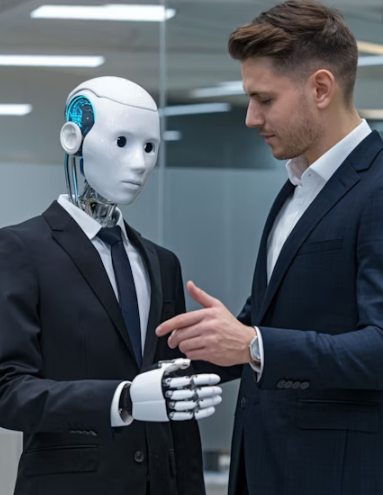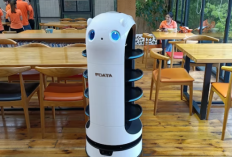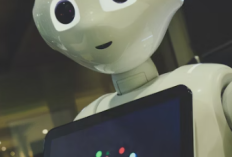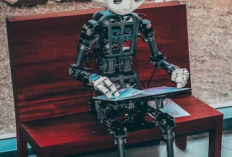Artificial Intelligence Jobs That Didn’t Exist Before

Working with robots in the future- Brey-https://unsplash.com/
Artificial Intelligence Jobs That Didn’t Exist Before
Ten years ago, no one imagined a world where people could make a living training robots to understand sarcasm, or auditing algorithms for bias. Yet here we are, in a landscape where Artificial Intelligence (AI) has not only redefined industries but also invented entirely new careers that sound like they belong in science fiction.
The Birth of New Professions
In 2015, “AI Engineer” was a rare title, mostly found in research labs or large tech companies. Fast forward to today, it’s one of the most in-demand jobs in the world. But that’s just the beginning. Around it, a constellation of roles has appeared — jobs that didn’t even exist on LinkedIn a few years ago.
1. AI Ethicist
When algorithms began making decisions about credit, hiring, and even parole, companies realized they needed people who could question the morality behind the code. Enter the AI Ethicist — a professional who ensures that machine learning systems operate within ethical boundaries. Their work blends philosophy, sociology, and computer science, often guiding billion-dollar companies toward fairer automation.
2. Synthetic Data Engineer
AI systems need data — and lots of it. But what if there isn’t enough? Synthetic Data Engineers create artificial datasets using simulations or generative models. These datasets teach AI how to “see” or “understand” without using real-world information, helping protect privacy and train systems faster.
3. Prompt Engineer
With the rise of generative AI tools, a new role emerged — the Prompt Engineer. Their skill? Crafting the right instructions to make AI generate desired outcomes. It’s part language artistry, part psychology, and part system design. Many organizations now hire these specialists to optimize creativity and accuracy in AI-generated outputs.
4. AI Product Trainer
AI Product Trainers teach AI models how to behave like humans — by feeding them structured examples, testing outputs, and correcting errors. It’s a mix between a teacher and a QA analyst, and one of the fastest-growing freelance roles online today.
Why These Jobs Matter
Each of these roles highlights a shift in the digital workforce — from building technology to shaping its behavior. The rise of AI jobs also underscores the need for human insight in automation. Machines can learn patterns, but humans still guide their purpose.
Skills Powering the New AI Workforce
- Critical thinking and ethics
- Data analysis and visualization
- Understanding of machine learning fundamentals
- Human psychology and communication
- Interdisciplinary collaboration
These roles may seem futuristic, but they’re already hiring — proving that AI’s impact on the job market is not about replacement, but reinvention.






